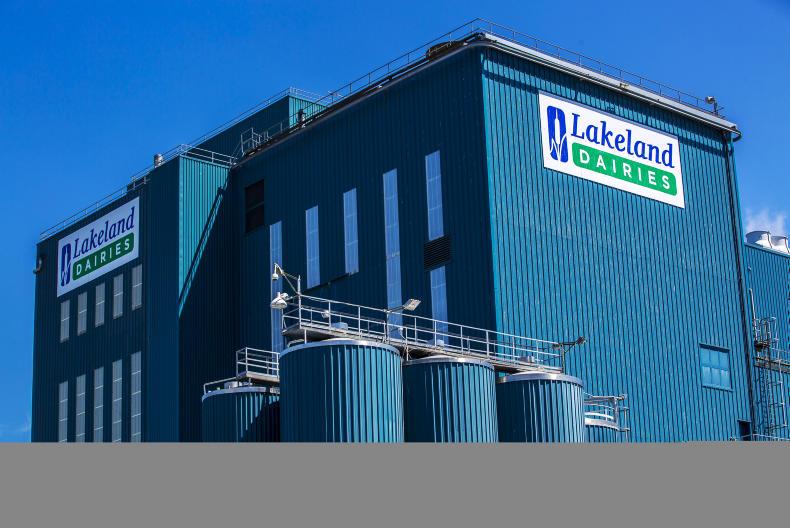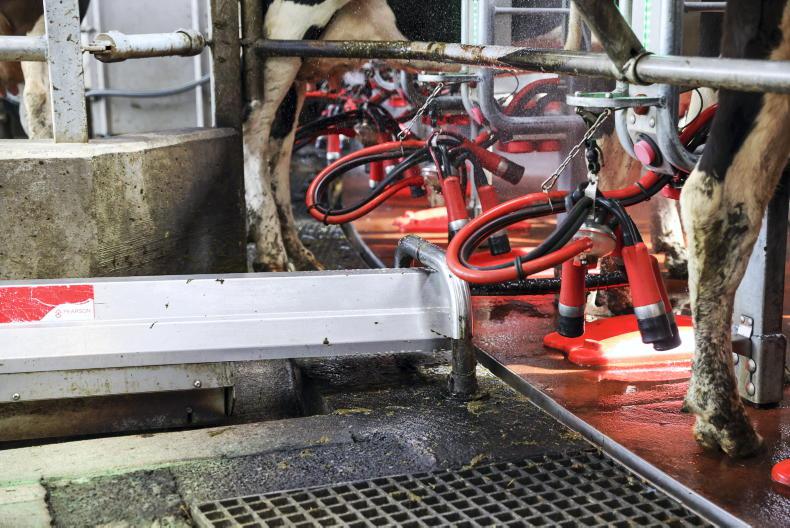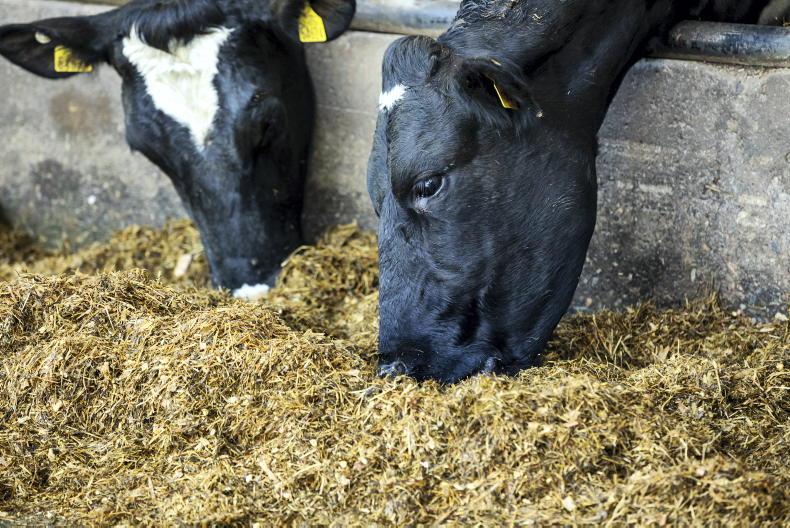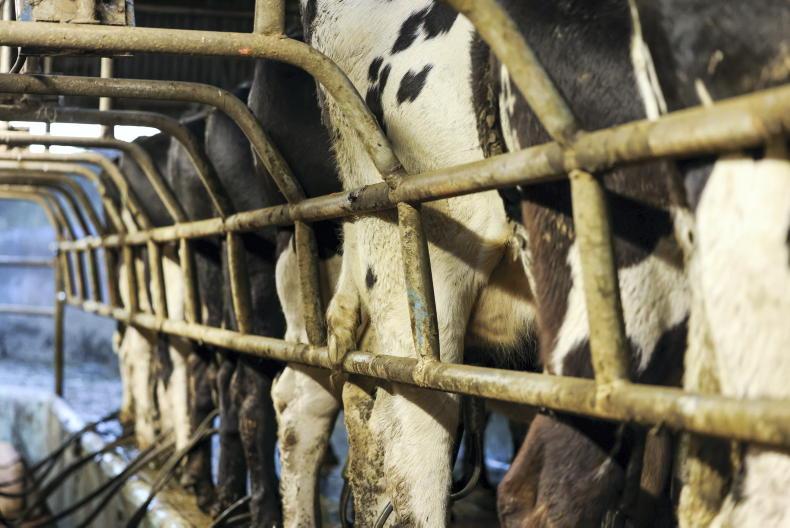Operating profit at Lakeland Dairies increased 4.1% to €17.5m last year.
Turnover for the year ended 29 December 2018 rose 5.3% to €810.5m during the year. Operating margins were unchanged during the year at 2.2%.
The record performance was on the back of relatively stable global dairy markets, a 5% increase in milk supplies across the south and North along with continued development across the business. The co-op with over 2,500 milk suppliers processed almost 1.3bn litres of milk last year.
The co-op saw more than 200 new entrants supplying milk to the co-op
The co-op reported a solid performance across its three main business divisions. The food ingredients division, which accounts for almost two-thirds of the business saw revenues increase by 4.8% to €489.9m. This was on the back of increased milk volumes and relatively stable prices.
The co-op saw more than 200 new entrants supplying milk to the co-op and CEO Michael Hanley says he expects this to continue given the outlook for beef at present.
Its food service division which manufactures products such as ice cream, butter and liquid milk for the food service industry accounted for almost one-third of the business.
It reported a 3% increase in revenues to €246.9m. The co-op processed record volumes of value-added products last year despite “variable consumer sentiment and price sensitivity in key markets”.
Revenues in its agri trading business which sells feed and other farm inputs reported a 19% increase in revenues to €73.7m. The majority of this was volume-driven as a result of strong increase in feed use last year.
Profit retained for the year was down marginally (3.8%) as a result of a €1.1m paper loss on financial investments held consisting mainly of shares in IPL plastics, formerly One51. There was a €1.3m increase in earnings (EBITDA) to €33.9m during the year. At year end, the business had shareholders’ funds of €130m - up from €118m at year end 2017. The co-op holds almost €6m shares in One51 (Now IPL Plastics). Net debt increased from €60m at the end of 2017 to €80m at the year-end 2018. This was mainly as a result of increased milk deliveries requiring higher working capital and a loan injection into the LacPatrick business last year.









SHARING OPTIONS